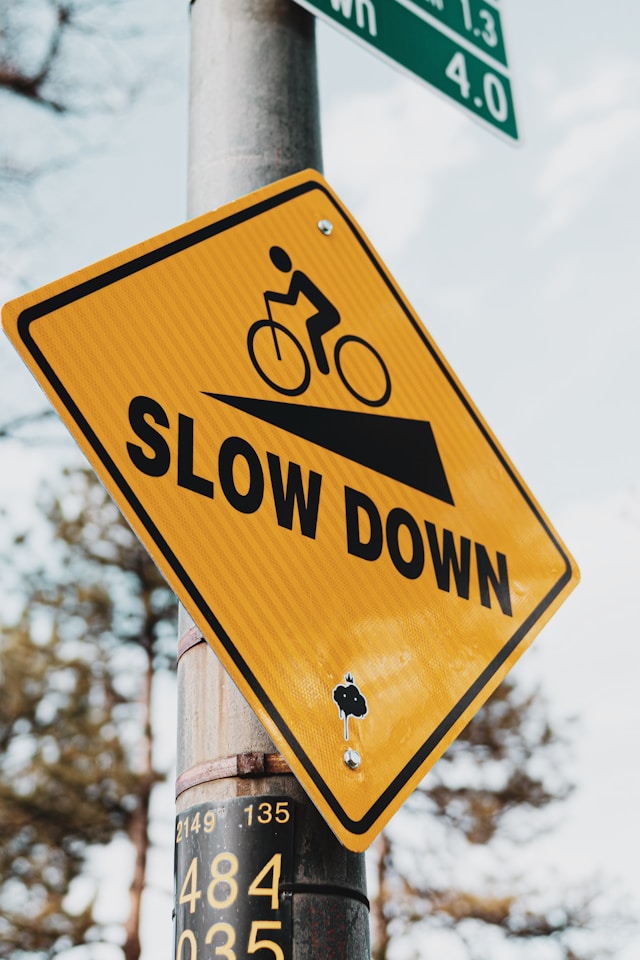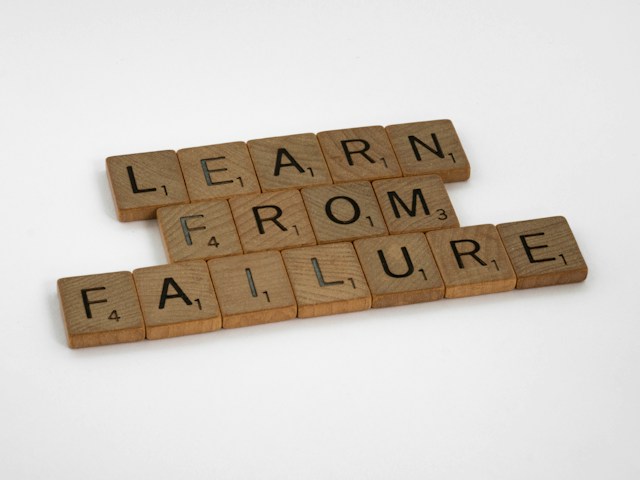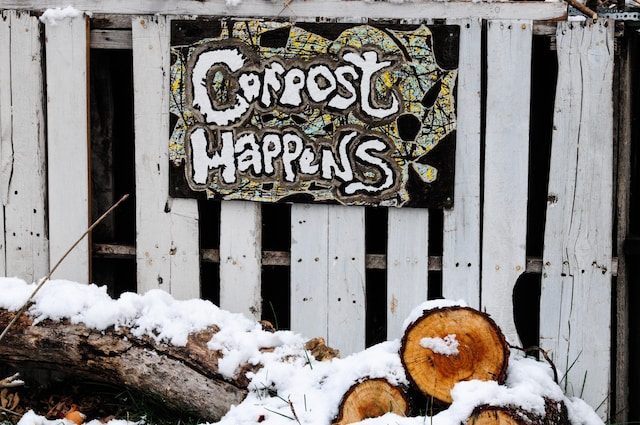Slow Down and Do More

Slow down and do more.
Photo by LOGAN WEAVER | @LGNWVR on Unsplash
Slow down and do more. You might think these two things don’t belong together. How do you work slower and do more? Would that work? I think so!
As a younger parent working full time, I felt like I had to be rushing around all the time. I was often trying to do more than one thing at a time. Of course, now we all know there is no such thing as multitasking. Rather, you are just switching from one task to another and ultimately not doing any of it very well or faster.
The first time I practiced mindfulness, I was trying to focus on one task with all my senses. I decided to focus on scrambling my eggs in the morning before work. I used all my senses and scrambled the eggs. Normally, I would try to check emails, make lunch, or something else on my to-do list while I made breakfast.





